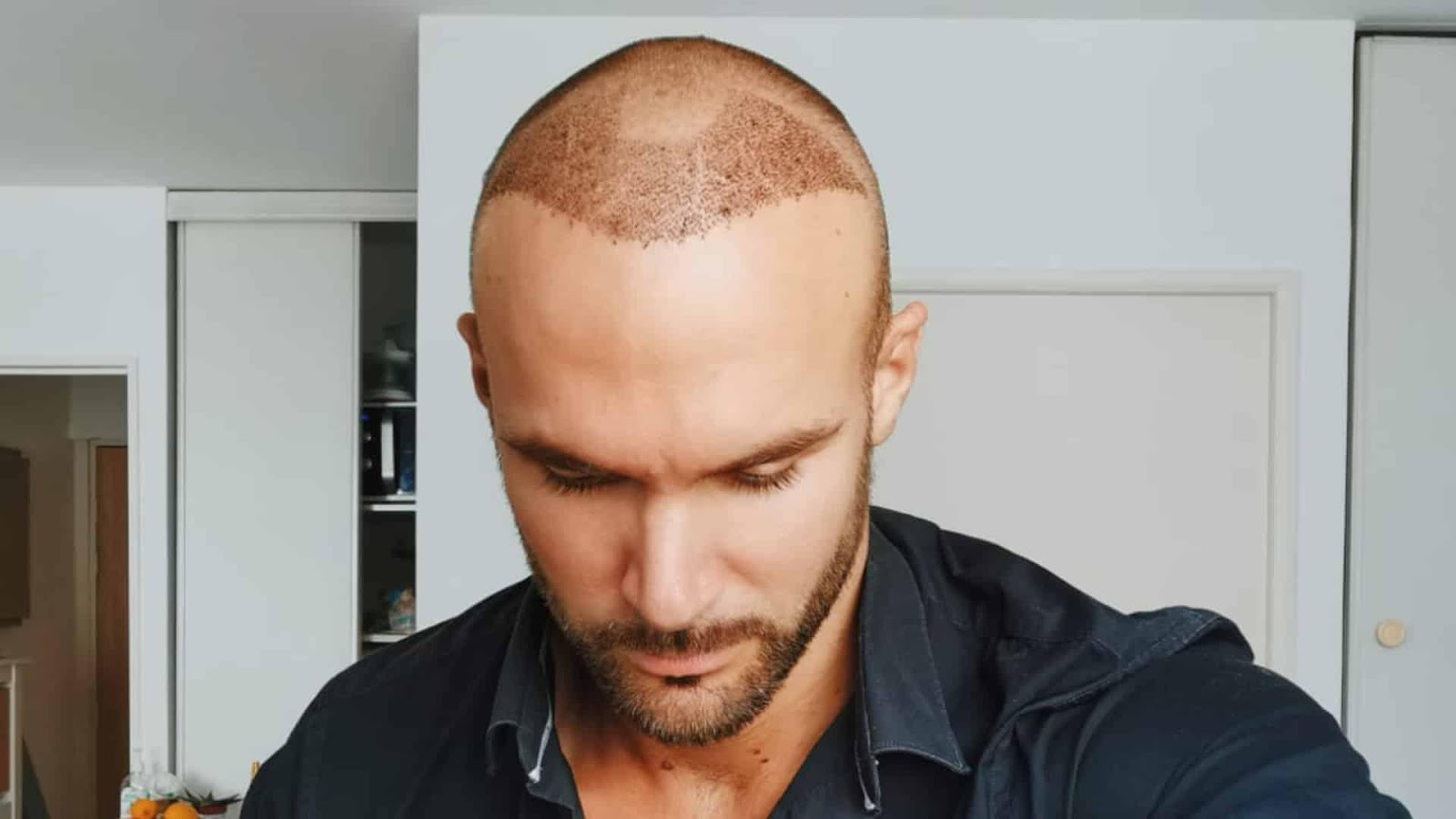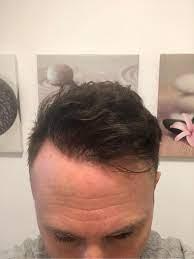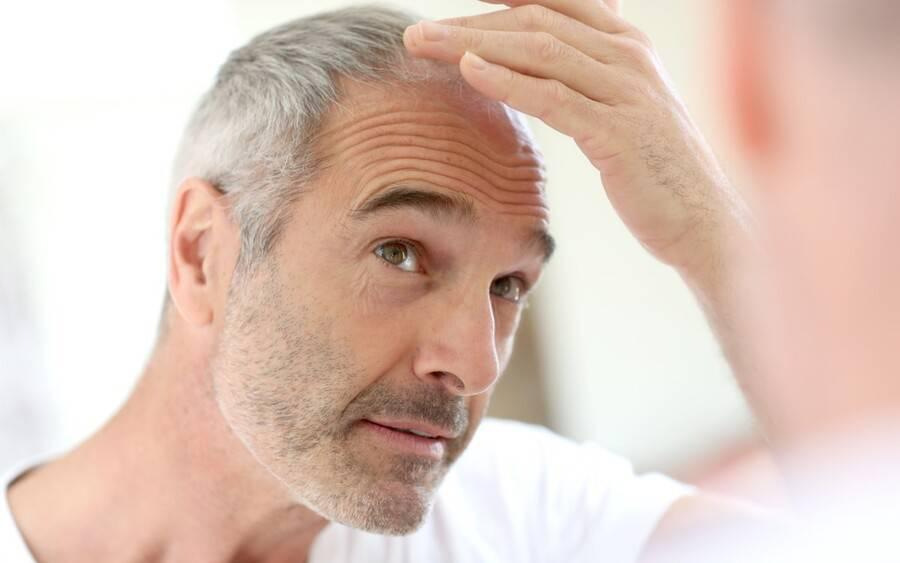Text & media
Life After Hair Transplant - What Can and Can't I Do?
When you decide to undergo a FUE Hair Transplant, it is important to understand what to expect. There are certain things you can do and cannot do during the procedure. If you follow these tips, you will be able to maximize the effect of your hair transplant.
After a hair transplant, you should avoid going to the gym.
If you're planning to get a hair transplant, you want to ensure that you follow the proper aftercare instructions so that your new grafts are protected from damage. You should avoid excessive sweating as this can cause grafts to become loose and unclean.
You should wait at least ten days before you resume any strenuous activity. This allows your body to heal and reduces the risk of injury and bleeding from the surgery. Your doctor will advise you about the specific aftercare guidelines that apply to your situation.
Light exercises can be resumed after the initial ten days. You may be allowed to swim, depending on the instructions of your surgeon. Swimming can help lower the risk of infection in the transplanted area, but experts recommend waiting at least a month before getting into the water.
You should also be careful about stretching exercises. They can cause wounds to reopen and tear stitches. They can also cause bleeding which can adversely affect your new hair follicles.
When you first have a hair transplant, your scalp will be pink. This is a normal part of the recovery process. It can last for up to a week. It is not unusual for people with pale skins to have longer pink hairs.
The first five days after your transplant are particularly important from a recovery perspective. Sweating is the greatest obstacle to healing. You should avoid it as much as possible.
Excessive sweating can lead to infection, irritation, and even death of your grafts. Your workouts should be lighthearted and gentle. Avoid running, heavy lifting, and other intense exercises.
Some exercises, like yoga, can damage your newly transplanted grafts. Protect your transplanted Grafts from the Sun with special care. UV radiation from the sun can cause damage to many grafts. For this reason, it's a good idea to wear a wide fisherman's hat while outside.
As with any medical procedure, it's important to follow the aftercare instructions carefully. Contact sports, especially those that involve contact with other people, carry a high risk of injury and are not recommended for several months after the operation.
Listen to your surgeon's instructions
A hair transplant is a major undertaking and you want to ensure that you have the appropriate recovery plan in place. Ask your surgeon for recommendations. These could include a hotel room close to the clinic or a driver to drive you home. You can also take a few days off from work to relax.
It is important to not rush the process. During the initial stages, you may feel unwell or even lightheaded. In this case, you should drink plenty of water. This will prevent swelling. Similarly, you should keep your head elevated when sleeping. You should also avoid smoking for 30 days after the procedure. Smoking will slow the blood flow to the follicles and can hinder the growth of new hair.
For the most part, you should be able to resume normal activities within a few days. However, you should not attempt any strenuous activity for about 14 days. Even a mild case of sunburn can cause a lot of damage, so try to steer clear of the sun.
Using a travel or neck pillow to sleep on will prevent accidental scalp contact. Another trick is to use ice to cool off. Finally, you should wear a hat for at least three days. After that, you should start rinsing your scalp in a cup of water. Using a good moisturizer will also go a long way towards preventing itching.
The recovery from a hair transplant will vary from patient to patient. Some patients may experience swelling while others may not. Nonetheless, the hair growth should begin to show up within the first month. It is important to follow all instructions from your doctor. It is a good idea to follow your surgeon's recommendations. If you feel any discomfort or pain, you should consult a doctor immediately. This will help ensure that the hair transplant is a success.
Taking the time to research your options and choose the correct procedure for you will ensure a smooth recovery.
stay upright
A hair transplant is a very serious medical procedure. The recovery period can be long. It is important to plan ahead for post-surgery recovery. This includes the obvious stuff like sleeping well. However, there are some other tips and tricks to consider as well. A travel pillow is one such tip. Another trick is to make sure that you sleep on your back. That way, you can avoid having your grafts touch the pillows. A soft pillow under your knees can be a great way to reduce pressure in the areas your surgeon had to suture or cut.
While you are in the throes of post surgery recovery, don't forget the finer points of hair care. The most important thing to remember is to take your medicine as prescribed. Clonidine and Ephedrine are two examples of medicines that this is important to remember. Many hospitals and clinics recommend that patients use an over-the counter drug to prevent nausea or vomiting. Keeping your blood pressure within a normal range is important. Consult your doctor for the best results. This is not the only medication you will be giving. You will also want to ensure that your body temperature is as stable as possible in order to avoid infection and to prevent yourself from overheating.
avoid excessive sweating
Excessive sweating after hair transplant can have negative effects. It can also slow down the healing process. The new grafts can be susceptible to infection, and it can also increase the risk of balding.
The first thing you need to do after a hair transplant is to avoid physical activities that cause sweating. Exercise can cause a sudden surge of blood to the scalp that could irritate the grafts or cause bleeding.
The second thing you need to do is to avoid contact sports. You should also keep your scalp away from the sun. A loose-fitting hat can help protect the scalp from the sun.
Your doctor will give you specific instructions about what to do after a transplant. They will tell you how long you can avoid exercise. Depending on your doctor's advice, you may be able to resume light exercise after the first week. You should avoid intense exercise for at least one month after your operation.
If you have a job that requires heavy physical work, you may need additional time off from work. Also, speak with your doctor about any special provisions you may need.
You should also follow any instructions given to you. For example, you should not wash your hair within the first 72 hours following surgery. Instead, you should rinse it with clean water. Be gentle when washing your hair. Avoid wiping your hair with your hands as this can cause damage to the new follicles.
During the postoperative period, you should wear a loose fitting hat to protect the scalp from the sun. A hat keeps your scalp cool and is particularly helpful after surgery.
You should also avoid doing exercises that cause your heart rate to spike. Heavy weight lifting or cardio workouts can also increase sweating.
As long as you follow the instructions of your doctor, your hair transplant should be successful. While sweating can slow down the healing process, it can be beneficial in the long-term. Taking the proper precautions during sports can speed up your recovery.


